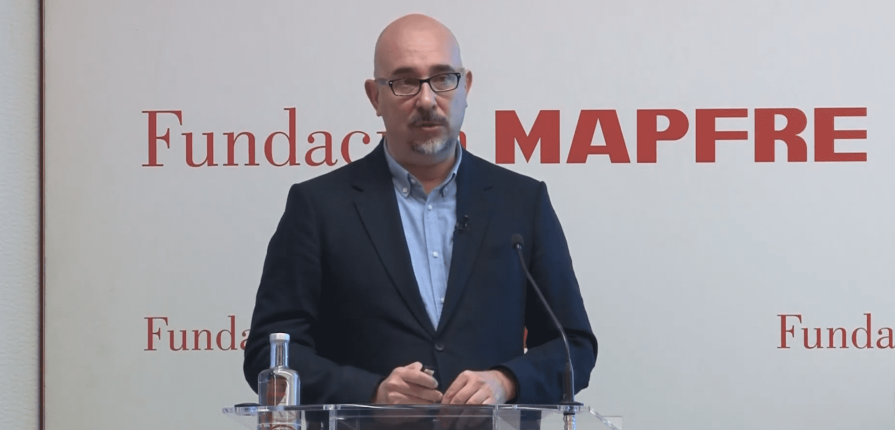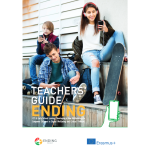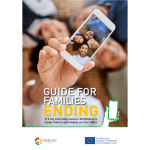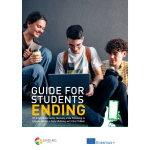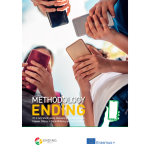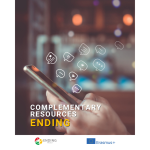Synthesis of the intervention of Ignacio Guadix García, in charge of Education and Children’s Digital Rights of the Directorate of Awareness and Policies for Children, UNICEF Spain, during the ENDING Project Day “Digital Health and Safety in the face of school dropout”.
The Citizen Participation Unit’s project is an innovative initiative that emerged during the pandemic and has demonstrated the importance of collaborating with other organisations to make a positive impact on society. Prevention is a key focus of the Unit’s work, and its main aim is to prevent child sexual abuse, specifically among children aged 6 to 8 years old in their first cycle of primary school.
To address this issue, a story called “The Secrets Club” was created to help children understand how to protect themselves and prevent child sexual abuse. This story is an effective and simple tool to address a sensitive and difficult topic, not only for children, but also for teachers and families.
Over the past year, the Unit has worked on a major training of protection delegates and has reached more than 15,000 children in over 500 classrooms. The aim is to create protective environments for children, both physical and digital. Enabling children to access technology is considered important for their development in a modern society.
In collaboration with the Faculty of Psychology at the University of Santiago de Compostela, the largest study in the country was carried out. It involved 50,000 secondary school children and young people from virtually all parts of the country and 300 schools. Factors such as emotional well-being, depression, parental control, problematic Internet use, video games, problematic online gaming, school bullying and cyberbullying were measured.
The results show that children going online at night increases risk rates by three to four times. Most children are on social networks and may have several profiles on the same network, which can give parents a false sense of control. It is important to be aware that there are things that happen beyond our control and to provide adequate support in terms of digital culture and maturity of children.
Another problem experienced by young people is the interaction with strangers, which can lead to grooming and paedophilia. There is also high access to pornographic content.
In addition, bullying and cyberbullying are worrying, interrelated phenomena. One in three adolescents could be suffering from school bullying, and 80% are being bullied by classmates.
In the area of video games, there is concern about the increasing amount of time young people are spending playing video games, especially those that are not age-appropriate and have a greater tendency to be violent and addictive. Online games can also be a source of addiction and mental health problems.
Daily time spent on social networking and internet use is more than five hours, causing high interference with other important developmental activities, such as sleep, study, family relationships, sport and reading. According to data, one third of children between 12 and 17 years old in our country are in this type of situation, with a greater focus on video games by boys and on social networks by girls.
According to the study, there is a small gender component in the relationship with technology, but it is significant. Boys have poorer emotional well-being, social integration and life satisfaction.
It is important both to set rules on problematic Internet use and to set a good example, and to keep an open channel of communication with children. Where there are cohesive management teams and structured educational communities, children do better, grow better and develop their citizenship more appropriately.
Education in children’s rights and responsibilities from an early age is important, so that they will be able to identify and resolve conflicts more effectively, based on the rights that protect them.
In addition, appropriate regulatory frameworks and ethical standards are needed to ensure that children’s rights are protected in the digital world.
“Today’s parents have had to deal with this, our parents had to deal with other contexts and had to live with other situations. It doesn’t mean that we learn all the choreographies or that we do all the Challenges to be cooler than any parent”.

